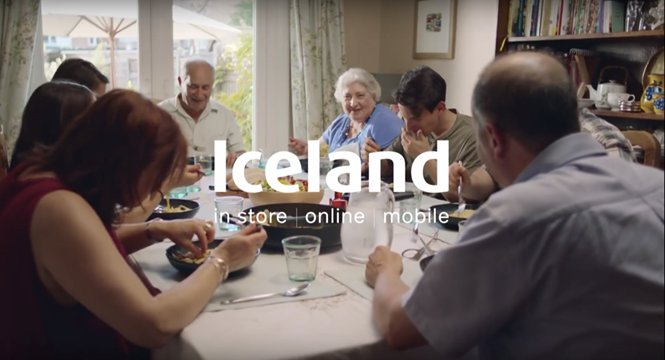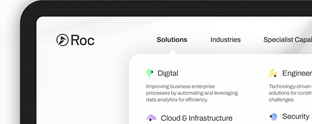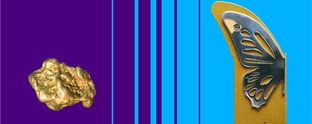Storytelling benefits brand awareness, relevance, survey says

The run up to the holiday season is, in the UK and beyond, an opportunity for brands to tell stories. Adverts proliferate from consumer brands hoping to spark holiday cheer while driving sales. Stories can be the lifeblood of effective communications, particularly in the third or public sector.
In brand storytelling agency Aesop’s fifth annual Brand Storytelling Survey, major corporates dominate the top 10, but key appearances from Help for Heroes (2nd), the BBC (3rd) and the National Trust (4th) prove the success of storytelling for non-consumer brands.
The top 10 is rounded out by the usual suspects of Apple – taking first for the fifth consecutive year – Amazon, Facebook. Google, Dyson, BMW and Sky. But swiftly following that, at 11th is the Labour Party, in the rankings for the first time off the back of a successful general election campaign. The top 100 is filled out by charities, consumer brands and favourite apps like Snapchat, Uber and YouTube.
“It’s fascinating to watch the rise and fall of brands over the years,” Ed Woodcock, director of narrative at Aesop Agency, says. “Those that do well have either found a clear, authentic narrative and tell that story in a compelling way, or are platforms for other people’s stories, and naturally score well against storytelling criteria. Good performers are, in essence, the brands we believe in, because ‘make believe’ has the power to make people believe. Strong narratives are both memorable and emotive, and the survey rewards brands that consistently display story-like qualities.”
Marks & Spencer, which takes the supermarket chain mantle back from Lidl this year, as 20% of UK consumers say they have an emotional response to the brand. Iceland, though, which has focused on storytelling this year to elevate the brand from a cheap, but cheerful retailer to a vital part of British daily lives, has jumped 38 places to 58th this year.
In the land of digital, social brands are consistently successful. But all of the major sites, bar Snapchat, have lost steam this year. The brand has not only increased in popularity, but its ‘stories’ feature and push for ad sales may have bolstered its storytelling credibility.
But its not good news for everyone. Heritage brands have faltered in the face of competition from digital contenders and disrupters. However, the likes of Cadburys, Kellogg's and Heinz, which have all dropped over 40 places since the first survey, have decades of history on which to draw to better engage consumers with their stories. Dove, on the other hand, has improved this year, probably due to its concerted focus on diversity, female empowerment and positive body image. Jack Daniels, similarly, has made a strong push with its story-based communications that have built the personality of the brand’s founder and subsequently given Jack the alcohol brand title in the rankings, coming in at 32nd.
“Nowadays, we’re overloaded with information and it is harder to buy people’s attention,” Woodcock says. “Narrative is a pattern that cuts through the noise. It seems that a few once-mighty FMCG brands have not invested enough, or struggled to find a storyline that keeps them culturally relevant. This seems to have been the fate of Kellogg’s. What does it stand for, or against? Year on year, results suggest people have less and less of an idea of what its story is.”
The research was the result of 2,000 survey respondents judging brands against 10 best practice storytelling characteristics.
1. Apple
2. Help for Heroes
3. BBC
4. National Trust
5. Amazon
6. Facebook
7. BMW
8. Sky
9. Google
10. Dyson
11. Labour Party
12. Macmillan Cancer Support
13. Snapchat
14. Audi
15. Samsung
16. Conservatives
17. Netflix
18. Playstation
19. YouTube
20. M&S
21. Walkers
22. Microsoft
23. Xbox
24. Green & Black's
25. Instagram
26. Aldi
27. eBay
28. Nike
29. Ikea
30. British Heart Foundation
31. Virgin Media
32. Jack Daniels
33. Cancer Research UK
34. Oxfam
35. Oxfam
36. VW
37. Sony Mobile Communications
38. McDonald's
39. Coca-Cola
40. Uber
41. Adidas
42. Guinness
43. ITV
44. Tesco
45. John Lewis
46. Dove
47. Brewdog
48. Lidl
49. KFC
50. Cadbury
51. Ryanair
52. Ecover
53. Bosch
54. Nationwide
55. British Airways
56. Fairy
57. Channel 4
58. Iceland
59. Waitrose
60. Three
61. Vodafone
62. Marmite
63. Durex
64. Virgin Atlantic Airways
65. Innocent
66. Visa
67. Thomson
68. Stella Artois
69. Bupa
70. Fosters
71. BT
72. easyJet
73. Barclays
74. Boots
75. Heinz
76. Direct Line Group
77. Tetley
78. Co-operative
79. British Gas
80. Hovis
81. Asda
82. Sainsbury's
83. Halifax
84. E&J Gallo
85. Pepsi
86. Santander
87. Galaxy
88. O2
89. Weetabix
90. Dulux
91. TSB
92. Fever Tree
93. Nivea
94. Ben & Jerry's
95. Haribo
96. Airbnb
97. Burger King
98. ee
99. Kellogg's
100. Trivago












